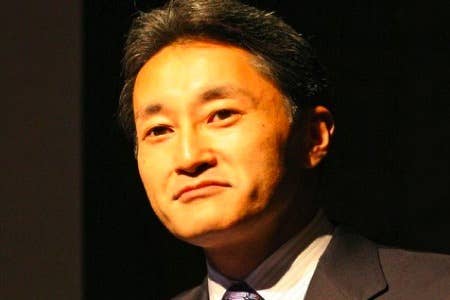Role-Playing: Sony's Kaz Hirai
The Gaikai purchase was huge for SCE and Sony as a whole - what should Kaz do next?
We're happy to present you with another exclusive installment in our "Role-Playing" feature series, which tasks top industry journalists and pundits with filling the large shoes of bigwigs at major gaming companies. Previously, we looked at newly minted Microsoft man Phil Harrison and Nintendo boss Satoru Iwata. This time, we're putting a magnifying glass to Sony head Kaz Hirai, particularly with the $380 million acquisition of cloud gaming firm Gaikai at top of mind.
It's a particularly interesting time for Sony. Corporately, the company could use a huge lift. Could Gaikai be that lift? The PlayStation business is one of the few things Sony has done right in the last decade-plus, and with a former PlayStation man now heading all of Sony, the hope is that PlayStation will lead Sony out of its fiscal doldrums. Hirai has his hands full, and it's not clear if the world is truly ready for a cloud revolution just yet. That said, having Gaikai in the PlayStation family can only be a positive.
Here's our panel's take on what Kaz Hirai needs to do.
Chris Grant, Editor-in-Chief at Polygon
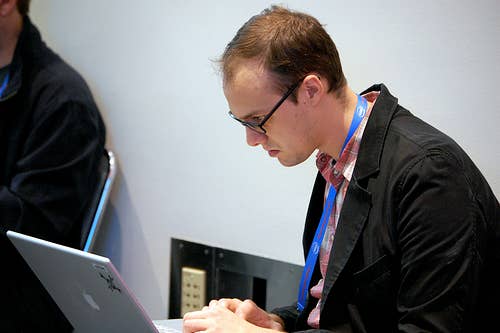
With a PlayStation man finally at the top of Sony Corporation and not just Sony Computer Entertainment, there's a greater opportunity than ever before to marshal the enormous resources of the once untouchable conglomerate in service of one of its strongest, and arguably most underutilized, brands.
If I were Kaz Hirai, I would see the entire company through a PlayStation prism. After more than a decade spent making PlayStation a household name - while other Sony divisions ceded market after market to the competition, from televisions to portable music players - it would be the realization of a dream that everyone has: What if I were in charge? Paramount on my list as the CEO of a global consumer electronics company is to continue to invest in technology that leads us towards the inevitable post-hardware world. Apple's phones and tablets don't win on specs alone and the Kindle wasn't the first e-reader; instead, it's the ecosystems that drive success on these platforms.
"With the introduction of Gaikai-powered gaming services into the company's historically non-gaming products - like TVs and Blu-ray players - all of Sony's hardware offerings become PlayStation offerings"
Chris Grant
Unfortunately, Sony has never been a particularly good services company and integrating its myriad offerings will prove difficult. After a career at Sony Computer Entertainment, and subsequent appointment to the Networked Products & Services Group and later the Consumer Products & Services Group, I have a unique appreciation for these challenges.These roles placed a premium on the kind of networked services that power a post-hardware world and would also inform the recent acquisition of Gaikai.
With PlayStation services already spread across the unified PlayStation 3 and PlayStation Vita platforms and the still-disconnected and nascent "PlayStation Mobile" platform, a single back end, a single "wallet," and a single record of ownership are key to the future of the PlayStation brand. With the introduction of Gaikai-powered gaming services into the company's historically non-gaming products - like TVs and Blu-ray players - all of Sony's hardware offerings become PlayStation offerings. As elegant as this solution would be, it only works if consumers don't have to worry about which games they own on which device and can instead worry about which games they want to play, regardless of which screen they're using.
Tim Clark, Editor-in-Chief at Future Games

The first thing I would do is panic. Then I would take a deep breath, think about the actual cost and complexity of launching another PlayStation, and then I would panic again. After repeating that for a few hours I would call the heads of all the divisions together and say this: PlayStation 4 will be the cornerstone of our business from hereon and we will be first to market with it. Everything else we do - Bravias, Vaios, the smoking crater where Sony Ericsson used to be - is now secondary. Those who don't like it can leave now.
As of today the remit for our internal teams is to create the most sensational gaming experiences ever made. The remit for our hardware engineers is to make a console for which it is a piece of the proverbial for external teams to do likewise. That console will be so cool that whatever the others are making will seem silly in comparison. That is what Sony used to do, and what we will do again.
"We will begin by streaming PS3 content to Vita as a test, because we don't want to launch this thing with nothing but our cocks in our hands"
Tim Clark
We will then take these experiences and offer them in two flavours. The first flavour will be on a physical PS4 and it will come in 1080p at 60fps. It will be the premium experience for the hardcore and it will blow their balls clean off. The second flavour will be streamed, via Gaikai (which I know some of you thought I bought after nailing that 18 year-old bottle of Yamazaki) to any screen with an internet connection. It'll be slightly less sexy, but use a subscription model so be a lot cheaper, and ultimately it will become the future of our business.
Got it? Good. Then we will begin by streaming PS3 content to Vita as a test, because we don't want to launch this thing with nothing but our cocks in our hands. Now get to work.
Dean Takahashi, Lead Writer at GamesBeat
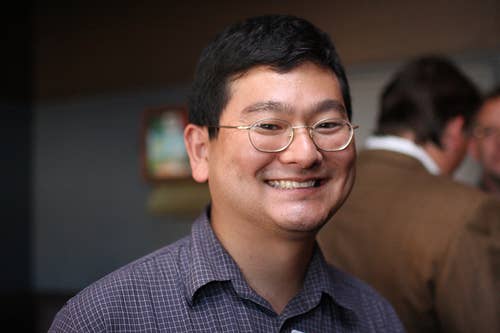
We like to ignore trends like cloud computing until they are real. Then we buy them. With the purchase of Gaikai, we now own cloud computing. No one can do it without our permission. That's why it cost so much. Sure it's a lot of cash. But we're Sony. We can always borrow more money.
We've also got our eye on universal open gaming. If that trend becomes big enough, we'll buy that one too. We can put that into the PlayStation 4, because, you know, the PlayStation always has room for more.
Dan "Shoe" Hsu, Editor-in-Chief at GamesBeat
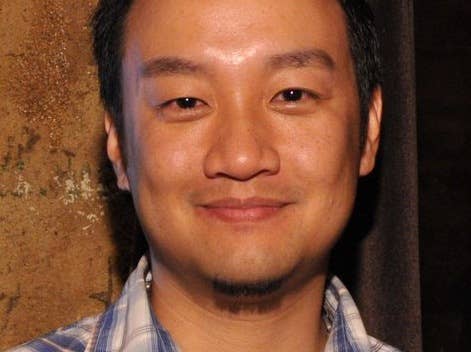
I'm guessing my first to-do is to give my key brick-and-mortar retail partners a friendly call. I'm sure the Walmarts and Best Buys will want to know what the Gaikai partnership -- and cloud gaming in general -- means for them. I still need them (for now) for PlayStation 3 and Vita, so I must assuage any fears they might have.
After I get done lying to them and telling them not to worry because we'll always have physical media to sell on store shelves (wink, wink), I must tackle two other issues. The first is with my marketing team. How do we position our position on cloud gaming? How do we convince consumers this won't just be another OnLive? How can we assure everyone that playing off our cloud is better than playing off a disc? That's going to be a tough sell. (We better get some coupon codes ready to get gamers to try this out.)
Second, I need to talk to the engineers about how to make this a seamless experience for our customers. I have to learn from the Kinect -- it may be great 9 out of 10 times, but that one time it doesn't work can ruin everything. Our players shouldn't see even a slight stutter while racing in Gran Turismo. They can't miss a frame of animation while battling online in Tekken. That football better not do any teleporting in Madden. There's a lot of work ahead of us to make sure this is perfect...
Tom Bramwell, Operations Director at Eurogamer
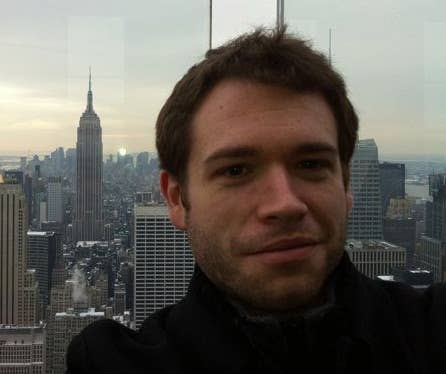
Cloud gaming could be the silver bullet for Sony under the right circumstances. A direct-to-consumer cloud gaming subscription service - a Netflix for PlayStation games new and old, effectively, available on all Sony hardware - could bring PlayStation experiences to a much wider audience, and that would be good for loads of reasons.
"There are so many difficult steps required to get from where Sony is now to that kind of vision of the future... So if I'm Kaz Hirai, my next steps are breaking into a sprint"
Tom Bramwell
More uptake of PlayStation games could increase revenue to first and third parties, and therefore mitigate the huge investment risk required to make blockbuster games like Uncharted 4. It could be a point of differentiation for Sony's ailing TV business, leaving Samsung and the like to develop an app ecosystem or buy in content from elsewhere while Sony TV owners can play Killzone and Gran Turismo.
All of this could benefit people who buy PlayStation hardware, too - perhaps they could be given free access to continue PS4 experiences on their PC at work or tablet on their commute, with progress saved in the cloud, before getting home to the full HD experience on Blu-ray or downloaded over PlayStation Network.
However, there are so many difficult steps required to get from where Sony is now to that kind of vision of the future - if it's even the one that makes the most sense from the CEO's perspective at the top of the company - that there is simply no time to waste. So if I'm Kaz Hirai, my next steps are breaking into a sprint.
After a quick celebratory game of Ridge Racer, obviously.
